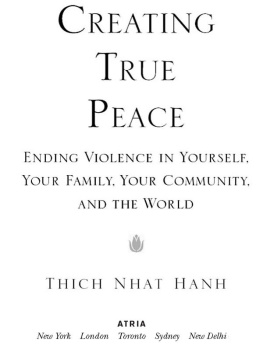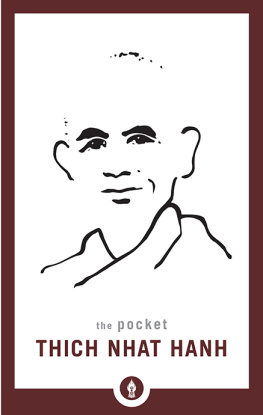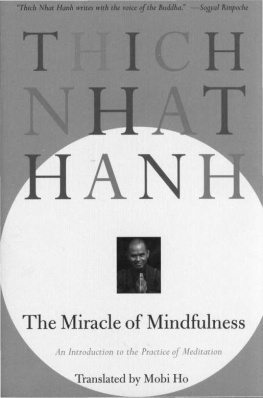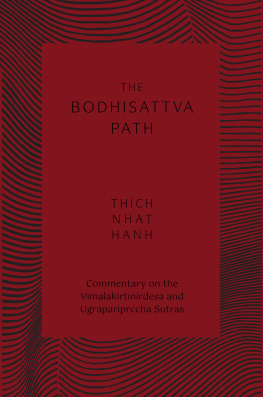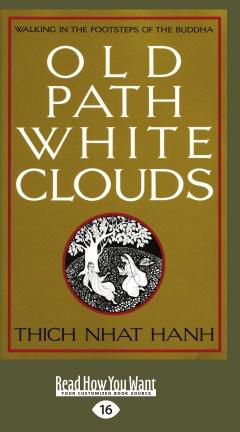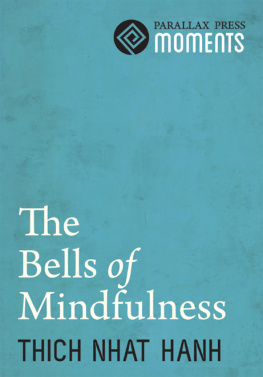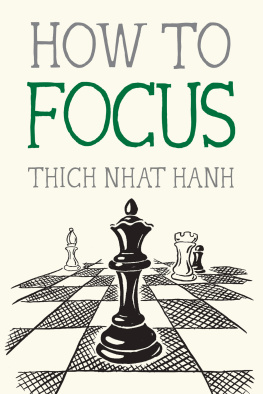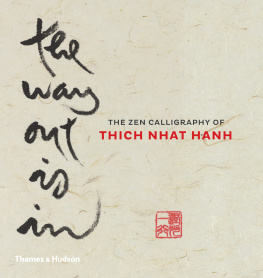ZEN
BATTLES


CONTENTS



As I see it, there isnt so much to do.
Just be ordinaryput on your robes, eat your food,
and pass the time doing nothing.
MASTER LINJI, TEACHING 18
Y ou may be a student of Master Linji, even if you dont know his name. If you practice to live more fully and happily in the present moment, then you are a student of Master Linji. In the Zen tradition, his spirit is in everything were taught and everything we do.
Master Linji lived during the Tang dynasty in China. He was born in western Shandong province, just south of the Huang Ho (Yellow) River, sometime between 810 and 815. When he was still young, he left his family and traveled north to study with Zen Patriarch Huangbo in his monastery near Hongzhou in Jiangxi province, just south of the Yangzi River. It was a time of political instability in China. There was government repression of Buddhism, which culminated in a decree, issued in 845 by the emperor Tang Wu Zong, ordering all monks and nuns to disrobe and return to lay life. Many temples and statues were destroyed, particularly in the cities. Monasteries in outlying areas were less affected.
After several years, the young Linji was sent by his teacher to study briefly with the reclusive monk Dayu, after which time he returned to live with the monks at Patriarch Huangbos temple. Later he had his own temple in Zhengzhou, Hebei province, where he taught in his signature direct and dramatic style. As was the custom in China at the time, he took his name, Linji, from the name of the mountain on which he lived and taught. He resided there until he passed away in 867. He never wrote down his teachings, but his students recorded and compiled them in The Record of Master Linji.
As a young monk, Linji studied diligently and gained a deep and extensive knowledge of the Tripitaka, the three baskets of the Buddhist teachings: the sutras, commentaries, and vinaya (monastic precepts). He noticed that although many monks studied very diligently, their studies didnt influence their understanding and transformation. They appeared to be seeking knowledge only to increase their fame or position in the temple. So Master Linji let go of his studies in order to follow true Zen practice.
Many of us have spent our whole lives learning, questioning, and searching. But even on the path of enlightenment, if all we do is study, were wasting our time and that of our teacher. This doesnt mean we shouldnt study; study and practice help each other. But whats important is not the goal were seekingeven if that goal is enlightenmentbut living each moment of our daily lives truly and fully.
Master Linji had a solid knowledge of the Buddhist canon, but his teaching method was based on his confidence that human beings need only to wake up to their true nature and live as ordinary people. Master Linji didnt call himself a Zen master. He called himself a good spiritual friend, someone who could help others on the path. Master Linji called those who had insight to teach, the host, and the student, the one who comes to learn, the guest.
In Master Linjis time, some Buddhist terms were used so often they became meaningless. People chewed on words like liberation and enlightenment until they lost their power. Its no different today. People use words that tire our ears. We hear the words freedom and security on talk radio, television, and in the newspaper so often that theyve lost their effectiveness. When words are overused, even the most beautiful words can lose their true meaning. For example, the word love is a wonderful word. When we like to eat hamburgers, we say, I love hamburgers. So whats left of the deeper meaning of the word love?
Its the same with Buddhist words. Someone may be able to speak beautifully about compassion, wisdom, or nonself, but this doesnt necessarily help others. And the speaker may still have a big self or treat others badly. His eloquent speech may be only empty words. We can get tired of all these words, even the word Buddha. So to wake people up, Master Linji invented new terms and new ways of saying things that would respond to the needs of his time.
For example, Master Linji invented the term the businessless person, the person who has nothing to do and nowhere to go. This was his ideal example of what a person could be. In Theravada Buddhism, the ideal person was the arhat, someone who practiced to attain enlightenment. In Mahayana Buddhism, the ideal person was the bodhisattva, a compassionate being who, on the path of enlightenment, helped others.
According to Master Linji, the businessless person is someone who doesnt run after enlightenment or grasp at anything, even if that thing is the Buddha. This person has simply stopped. She is no longer caught by anything, even theories or teachings. The businessless person is the true person inside each one of us. This is the essential teaching of Master Linji.
When we learn to stop and be truly alive in the present moment, we are in touch with whats going on within and around us. We arent carried away by the past, the future, our thinking, ideas, emotions, and projects. Often we think that our ideas about things are the reality of that thing. Our notion of the Buddha may be just an idea and may be far from reality. The Buddha outside ourselves was a human being who was born, lived, and died. For us to seek such a Buddha would be to seek a shadow, a ghost Buddha, and at some point our idea of Buddha would become an obstacle for us.
Master Linji said that when we meet the ghost Buddha, we should cut off his head. Whether were looking inside or outside ourselves, we need to cut off the head of whatever we meet, and abandon the views and ideas we have about things, including our ideas about Buddhism and Buddhist teachings. Buddhist teachings are not exalted words and scriptures existing outside us, sitting on a high shelf in the temple, but are medicine for our ills. Buddhist teachings are skillful means to cure our ignorance, craving, and anger, as well as our habit of seeking things outside and not having confidence in ourselves.
Insight cant be found in sutras, commentaries, or Dharma talks. Liberation and awakened understanding cant be found by devoting ourselves to the study of the Buddhist scriptures. This is like hoping to find fresh water in dry bones. Returning to the present moment, using our clear mind that exists right here and now, we can be in touch with liberation and enlightenment, as well as with the Buddha and all his disciples as living realities right in this moment.
Next page

